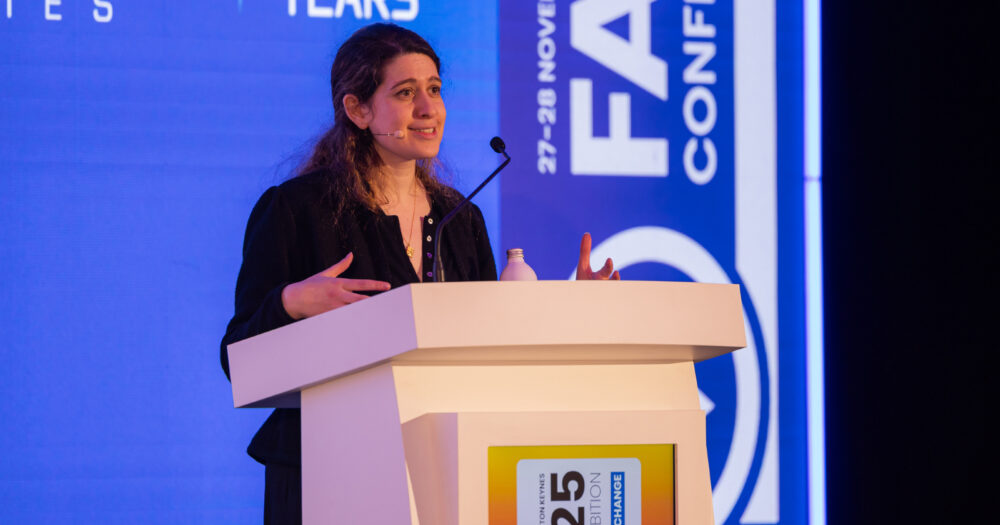Ministers are still deciding whether V Levels will be developed under the same single-licence model as T Levels, a senior Department for Education official has revealed.
Speaking at the Federation of Awarding Bodies’ conference, DfE director of technical qualifications and essential skills Kiera Harper said her “personal view” was that licences for T Levels had been “incredibly challenging” to manage.
While the department is still “thinking about” what approach it will take with V Levels, it plans to have a single commercial strategy to cover both T Levels, V Levels and new level 2 qualifications “in the round”, Harper added.
Using a single awarding organisation per T Level was a recommendation by Lord Sainsbury in his review of technical education, which the DfE agreed to take forward. However, its own researchers warned that with no alternative to step in if problems arose with a contracted body, there was a “risk of system failure”.
V Levels, which will sit alongside A Levels and T Levels, were announced last month in response to the curriculum and assessment review’s findings, as a “vocational alternative” to the academic and technical route.
They will be aimed at students who have not made a decision on what career pathway they want to pursue.
Harper, who oversees the DfE’s level 3 reforms, including T Levels, said: “I think it’s important to recognise that with T Levels, the single licensing model came from a good place.
“It came from a desire to ensure quality, maintain grip and rigour for what was at the time an incredible – and is still arguably an incredibly – novel change to the way that we delivered qualifications in that space.”
‘Tell us how big’
The government wants students to be able to “mix and match” V Levels and A Levels, but is “absolutely open” to sector views on whether the new vocational qualifications should be “small” qualifications of 360 guided learning hours, or “medium-sized” at 725 hours, Harper added.
She told the conference that officials want parents and students at future open days to have a clear “narrative” about the purpose of the courses they are choosing.
She added: “If you can do that, and you can come up with a valid argument, we want to hear it.”
The government is currently consulting on its “post-16 level 3 and below” plans, which include V Levels, the expansion of T Levels, and widespread reforms to level 2 courses that will replace the T Level foundation year.
Rollout is planned across four years, with the first classes beginning in 2027.
Level 2 reform plans
Two level 2 pathways are being developed: one-year, 240 guided learning hours “foundation certificates” for students seeking to progress to a level 3 course, and two-year “occupational certificates” which aim to help students develop their technical knowledge in a classroom-based setting before moving into skilled employment.
The DfE wants to roll out V Levels and the new level 2 certificates together by “route”.
Ahead of the consultation closing on January 12, officials are working with awarding organisations and other stakeholders on “outline content” for each subject.
Officials aim to run a further consultation on each route’s exact content between April and June.
















Your thoughts